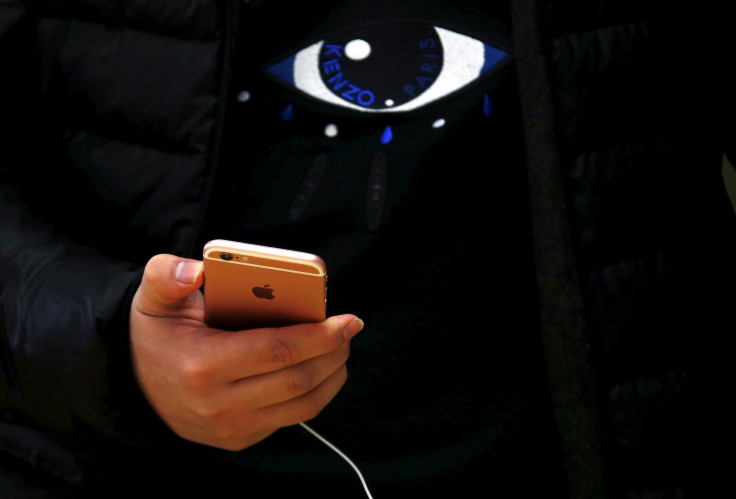Encryption Law Proposed By Australia Reignites Security vs Privacy Debate

The Australian government Friday announced its plan to bring in a law to compel global tech companies like Facebook and Google to provide the security agencies access to encrypted messages.
“We’ve got a real problem in that the law enforcement agencies are increasingly unable to find out what terrorists and drug traffickers and pedophile rings are up to because of the very high levels of encryption,” Australian Prime Minister Turnbull told reporters.
The announcement comes close on the heels of a statement released at the recent G20 Summit in Germany that called on the tech industry to provide “lawful and non-arbitrary access to available information needed to protect against terrorist threats,” the Washington Post reported. The development is likely to reignite the debate over the access the security agencies have to encrypted messages, something which has been resisted by tech giants based mostly in the United States.
READ: 'There Is No Such Thing As Absolute Privacy In America'
In 2016, Apple and FBI were locked in a bitter court battle over access to encrypted messages of Syed Farook, the chief suspect of the mass shooting incident in San Bernardino in December 2015. Farook and his wife Tashfeen Malik were shot dead by the police after the husband-wife duo gunned down 14 people, according to authorities. Though a federal magistrate ordered Apple to “make it easier” for authorities to unlock Farook’s iPhone, the matter ended inconclusively after FBI accessed the phone through an unidentified third party.
A similar situation arose after the Orlando massacre in June 2016 when Omar Mateen was accused of killing 49 people and wounded 53 more in a Florida nightclub.
Speaking to Politico, Bob Cattanach, a former Justice Department lawyer and a partner at the law firm Dorsey & Whitney, said: “It’s one more data point … in the tension we see growing between the legitimate needs of law enforcement and the understandable privacy concerns of every day citizens.”
Several western countries, including France and the United Kingdom, have committed to new laws requiring access to the encrypted messages. In the U.K., the Investigatory Powers Act allows the government to compel communications providers to remove “electronic protection applied … to any communications or data,” the Guardian reported.
However, while enforcing the law in 2016, the government promised: “No company would be compelled to remove encryption of their own services if it was not technically feasible.” It did not, however, provide a definition of technological feasibility.
READ: DC Lawmakers Want To Hear From Apple, FBI On Encryption Debate
Australian Attorney-General George Brandis described the growth of encrypted communication applications such as WhatsApp, Signal, Facebook Messenger and iMessage as “potentially the greatest degradation of intelligence and law enforcement capability that we have seen in our lifetime,” the Post reported.
However, speaking to Australian Broadcasting Corporation, Brandis said their “strong first preference is to work collaboratively with the companies so that there is a voluntary approach to this.”
“So imposing legal obligations, coercive legal obligations is very much a default position,” he added.
It is still unclear how collaborative tech companies will be with the government, with Facebook rejecting the need for the legislation, insisting it already had a system in place to work alongside security agencies. It also said the new legislation could not be implemented on an individual basis.
"Weakening encrypted systems for them would mean weakening it for everyone," said Antonia Sanda, a spokeswoman for Facebook. None of the media reports, however, carried a response from Apple.
© Copyright IBTimes 2024. All rights reserved.





















